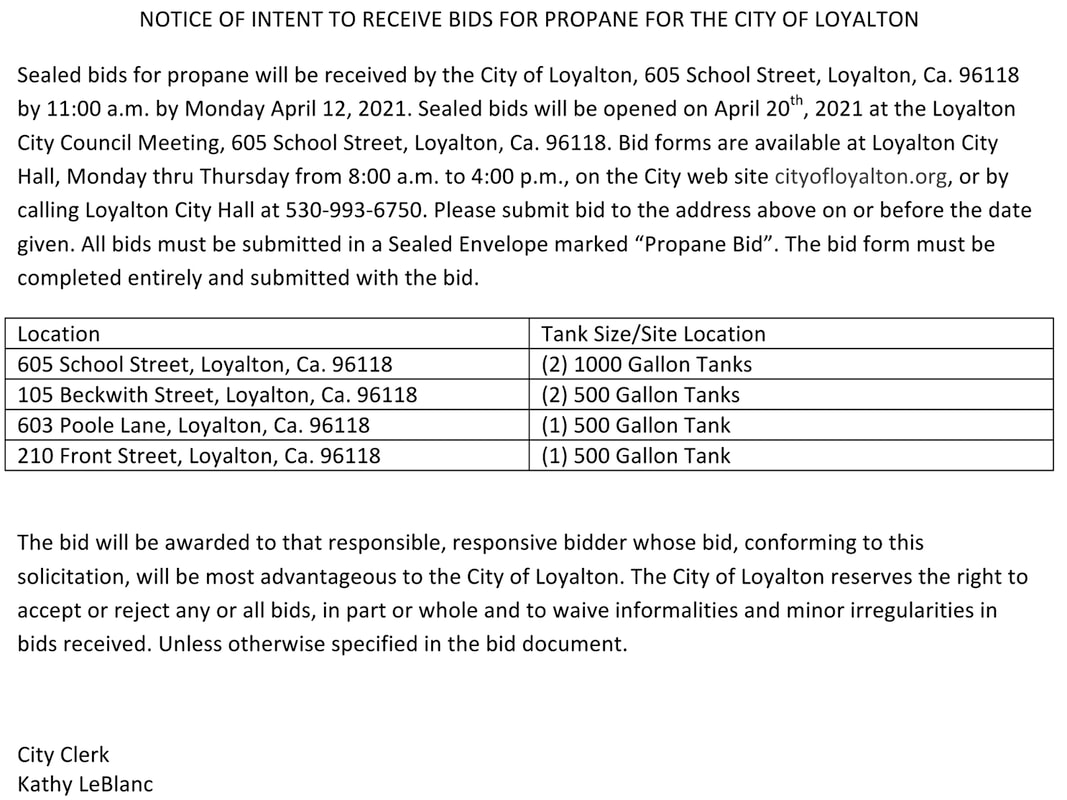(Tahoe/Truckee, Calif.) – March 30 is National Doctors’ Day, and Tahoe Forest Health System proudly celebrates our local physician community for their commitment, sacrifice and heroic work.
On this day, we recognize the diverse and valuable work doctors perform – from primary and specialty care to urgent and emergency care. National Doctors’ Day is a special opportunity to personally thank and recognize the dedicated men and women who keep our community healthy and save lives.
National Doctors’ Day was first observed in 1933 and was officially made a national day of celebration by President George H.W. Bush in 1991. March 30th was specifically chosen because it marks the anniversary of the first use of ether anesthesia by Dr. Crawford W. Long.
Please join us in recognizing and honoring the physicians of Tahoe Forest Health System on their special day - National Doctors’ Day. We thank them for the dedication, leadership and skilled care they give every day.







